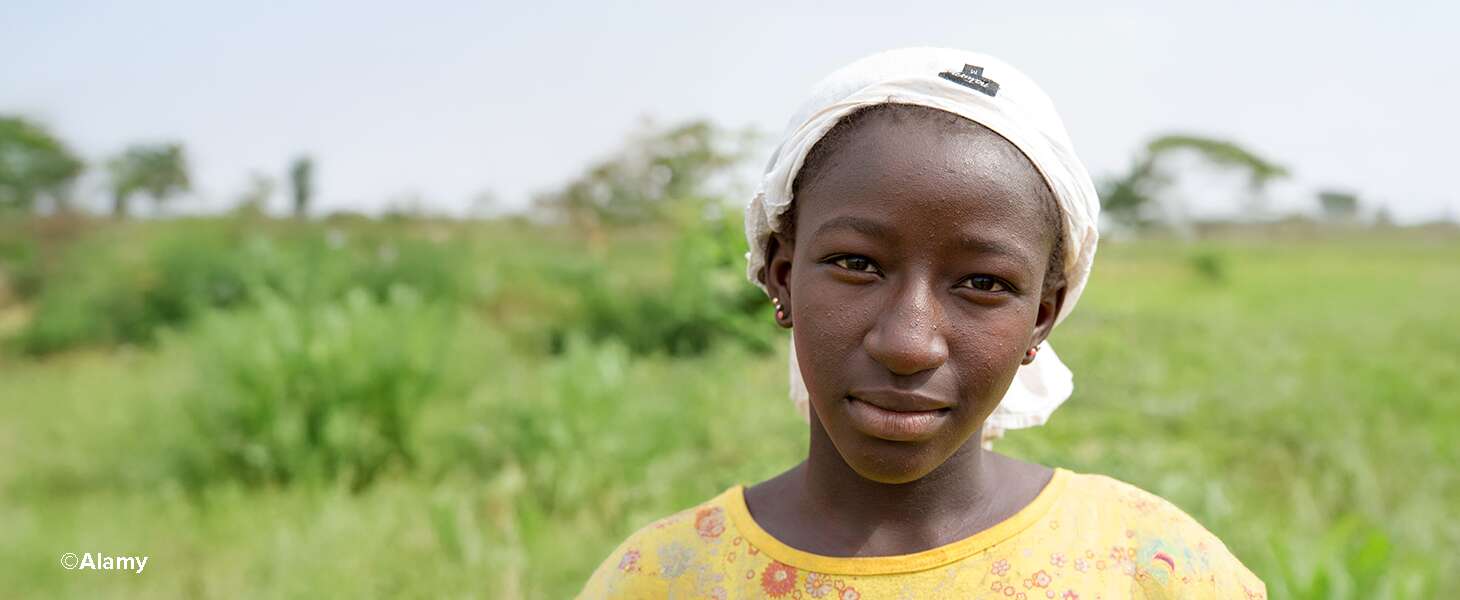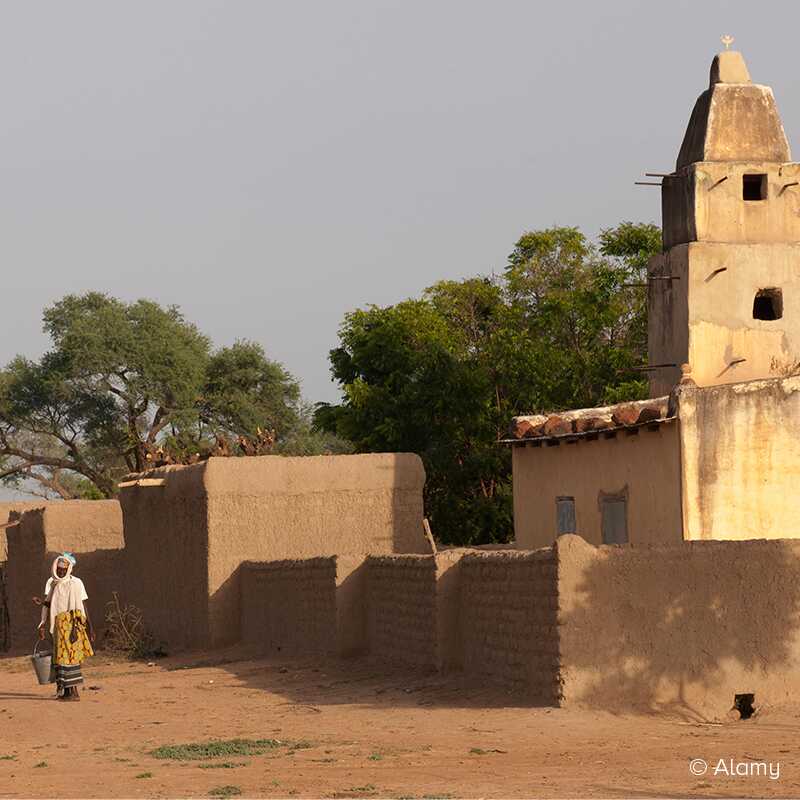



The Islamic extremist insurgency that devastated the north of Mali in 2012 continues to have huge repercussions for the country’s small number of Christians.
Churches were burned down and many Christians lost their homes and had to flee the region. Although some Christians and congregations have returned under police protection, they still live under the threat of attack. Those living in areas controlled by militants have been denied access to water and land to grow crops. Believers who engage in evangelistic activities in the north are especially vulnerable to violence, while Christian missionaries live under the constant threat of abduction by jihadists. Those who leave Islam to follow Jesus risk violence and pressure from their relatives and communities if their new faith is discovered.
The jihadist violence is spreading southward, and the country's institutions are rapidly breaking apart, further playing into the hands of jihadist groups. The authorities’ inability to stem the insurgency has led to public protest and contributed to two military takeovers (in 2020 and 2021). The country has also become a geopolitical battleground between the West and East, making Christians vulnerable to government-related persecution.
Christians experience most opposition for their faith in the north of the country, where jihadists and Fulani militants are active. There are pockets of intense persecution in the southern part of Mali as well, where Christians face marginalisation. Converts from Islam suffer the most persecution for their faith.
"Someone from my [Muslim] family can never become a Christian. So they asked me to deny Jesus Christ. My parents abandoned me, leaving me alone."
Hawa* , a Malian believer.
The situation in Mali in terms of conflict remains very volatile, and this is exacerbated by the spread of extremist violence in neighbouring countries. The presence of jihadist groups and their violent activities continue to create an environment of fear and uncertainty. Christian churches, schools and other services operated by Christians remain closed in many parts of the country. There were elections planned for February 2024, but these have been postponed indefinitely, officially for 'technical reasons'.
Open Doors works through local church partners in Mali to provide persecution survival training, discipleship programmes and economic empowerment projects.

Heavenly Father, we pray that You will bring an end to the extremist violence in Mali. Draw near to Christians who have been displaced or attacked, and heal them; give them new strength to keep following Jesus. Grant church leaders courage and wisdom to know how to guide and encourage their congregations, so the church in Mali may continue to proclaim the hope of Your gospel. We pray for the restoration of wise and compassionate government, and an end to militant groups and human trafficking, Amen.